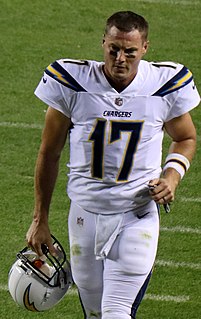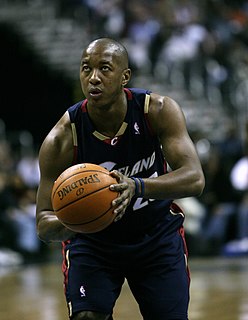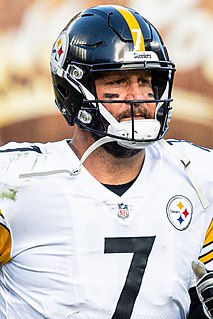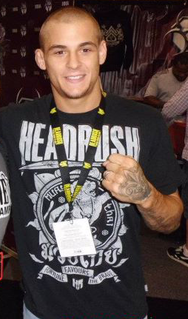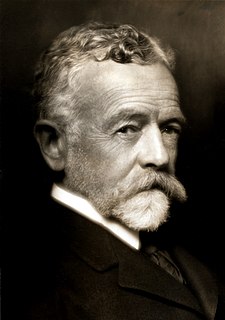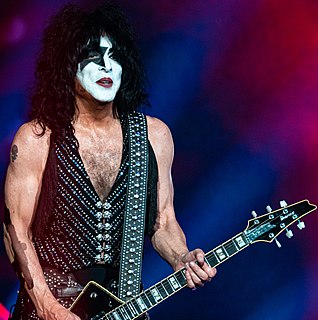A Quote by Philip Rivers
Look, I'm my own worst critic. I've made mistakes in areas that I need to improve - most notably, turning the ball over.
Related Quotes
I am being bombed by questions of all kinds. I will try to be very concise and try to explain to the American people. We had a great number of mistakes in the economic fleld, naturally. I am not the critic. It is Fidel Castro, the one who has criticized repeatedly the mistakes we have made, and he explained why we have made them. We did not have a previous preparation. We made mistakes in agriculture. We made mistakes in industry. All these mistakes are being settled now.
You grow most in your areas of greatest strength. You will improve the most, be the
most creative, be the most inquisitive, and bounce back the fastest in those areas
where you have already shown some natural advantage over everyone else your strengths. This doesn't mean you should ignore your weaknesses. It just means
you'll grow most where you're already strong.
Win or lose or draw, you always go back and critique your performance and say you could have done things better. Even if I put the guy away in one round, I can go back and say I made a lot of mistakes and need to tighten up. But that's the type of person I am. Improve. Improve. Improve. When I lose I come back stronger than ever.
The nineteenth century is a turning point in history, simply on account of the work of two men, Darwin and Renan, the one the critic of the Book of Nature, the other the critic of the books of God. Not to recognise this is to miss the meaning of one of the most important eras in the progress of the world.
Music critics are, for the most part, bitter people who are intent at dragging people down for being successful at what they want to do, which is probably music. The oddity of being a critic is: You don't get a diploma, you just decide you're a critic. If someone listens to your opinion rather than their own, it's their mistake. Any critic's top 10, any year, it's something controversial or something that will make them look hipper-than-thou. The whole critic game, we've never played.
